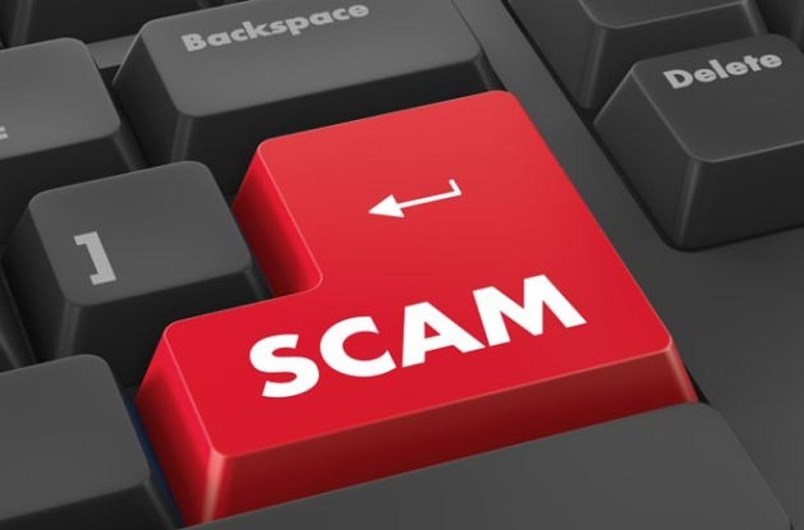By now, most households across the country should have already received a letter in the mail concerning completion of their census questionnaire online.
Census Day (May 11) has already passed, but the data collection process will continue until July 16, 2021. During this time, Better Business Bureau (BBB) is encouraging Canadians to watch out for communications from fraudsters who may try to impersonate Statistics Canada. Do not get tricked into making payments or sharing personal information.
“Census 2021 is happening at the same time as a global pandemic, placing census takers in a unique situation,” explained Karla Laird, Senior Manager for Media & Communications at BBB Serving Mainland BC. “While this year’s online census process offers an easy, secure and convenient option to participate in this mandatory data collection, it could also be a goldmine for fraudsters if they connect with a census taker who is unaware of the signs of a scam. Individuals are at risk of identity theft if they unknowingly share information with the wrong person or on an unofficial website”.
BBB is sharing the following tips to help you avoid a Census scam:
- Know how Census staff will communicate with you. The first point of communication will be a letter in the mail. You will see Statistics Canada's signature on the envelope, as well as their address on the top left corner of the letter. If you have not yet completed the Census questionnaire, you may also receive a phone call, home visit or an email. However, Census staff will not be contacting you by text message, on instant messaging apps like WhatsApp or through direct messages on social media.
- Know how to identify Census staff. Individuals who have not yet completed the census questionnaire may receive follow-up phone calls from Census staff. If they call, they will identify themselves by sharing their name, employee number and the reason for contacting you. Statistics Canada will only send someone to your home as a last resort, if their attempts to contact you by mail, email or telephone have been unsuccessful. Census staff will not be entering your homes, but they will be wearing personal protective equipment and branded clothing, so you can readily identify who they are representing. They will also introduce themselves by sharing their ID card which features their name, employee number and photo. You can verify their information before answering any questions by calling the Census Help Line toll-free number: 1-855-340-2021 or TTY for deaf persons: 1-833-830-3109.
- Only use the official website to complete the questionnaire or get census information. The browser address bar should have a lock symbol indicating that the website is secure and the URL should end with ".gc.ca". On the census website, you will be presented with a "Start questionnaire" button. Once you select this button, you will notice that the URL in the browser address bar changes to "https://surveys-enquetes.statcan.gc.ca/census-recensement/en/login-connexion/open-ouvrir". If you are seeing another URL, do not share any information on that site.
- Never click on links in unsolicited emails. Scammers have been known to send phishing emails that direct you to websites that look official. However, emails from Statistics Canada will always come from a government email address which ends with “canada.ca”. Treat every other email address claiming to be from Statistics Canada as suspicious. You are also not required to install any software or programs to complete the online questionnaire, so do not be tricked into downloading malware on your device.
- Pay attention to the information being requested. The census questionnaire will collect information like your name, address, age, sex at birth, gender, marital status, military experience and languages spoken. It will never ask for your banking or credit card information. You are also not required to share your Social Insurance Number (SIN).
- Threats of arrest and payment demands are clear signs of a scam. Statistics Canada and Census staff will never threaten you with jail time or demand that you make immediate payment using credit cards, gift cards, cryptocurrency, or any other payment method to complete the questionnaire. A person who refuses to complete a census questionnaire can be fined up to $500 by the court, but Census staff do not have the authority to issue this penalty.
- Failure to complete the census will not impact your tax file or other benefits. Do not respond to emails or any other communications that say otherwise.
- Be wary of employment scams. Statistics Canada is actively recruiting individuals to support the census process. You can only apply for these job opportunities on their website.
Report any instances of scams. Share suspicious communications or scams with the 2021 Census misinformation watch team. You can also submit a report to BBB Scam Tracker. Contact Service Canada if your SIN has been compromised.

